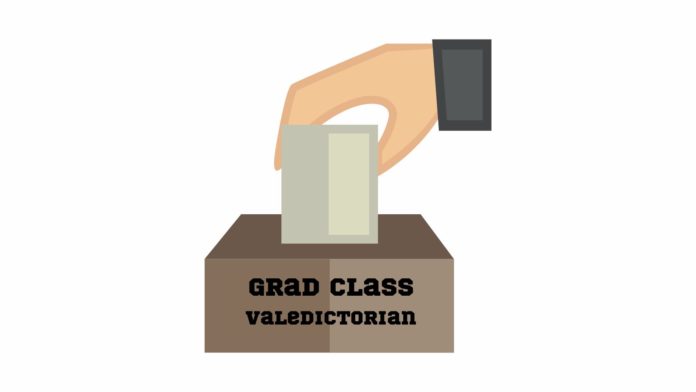The St. Thomas University’s Students’ Union, in collaboration with university administration, is changing the way valedictorians are nominated and selected.
In previous years, valedictorians were elected through the STUSU spring general elections.
But starting with the class of 2023, STU will establish a selection committee made up of various members of administration, senior faculty and the graduating class president.
STUSU president Alex Nguyen said the change is in line with how other New Brunswick universities elect their valedictorians.
“We deem this to be the approach that not only brings us closer to a merit-based system but also allows the process to be more transparent with a set of guidelines and a selection committee,” she said.
Nguyen said the change is not related to the controversial 2021-22 valedictorian elections, in which some graduating students spoke out about their inability to vote for that position, prompting STUSU to redo the election.
Ty MaGee, then-president of STUSU, told The Aquinian at the time that the 2022-23 team would have to review the union’s by-laws before another election.
The selection committee will only examine the candidates, but students are still responsible for nominating graduating members. Nominees must submit their resumes and two letters of recommendation from a faculty member and a member of the graduating class.
Nguyen said having a cumulative GPA of 3.7 in the last 60 credit hours is now a requirement, alongside other guidelines like strong public speaking skills and academic involvement in campus life.
Additionally, students from the bachelor of social work program can now be nominated.
After being nominated, candidates will need to give a presentation of around five minutes to the selection committee, according to the proposal document provided to The Aquinian by the university.
Nguyen said she will push for this presentation to be open to the public so the graduating class can hear from candidates.
“We hope that it will attract more people to apply to become valedictorian,” she said.
Jeffrey Carleton, STU’s associate vice president of communications, said he hopes to see more students participating without the pressure of running in an election.
“We may get some nominations from worthy individuals who wouldn’t consider running in an election and they would do an equally good job as former valedictorians,” he said.
Carleton said the timeline for the selection is still being discussed, but he hopes the nomination and selection process would start around the end of March or early April, giving graduating students enough time to prepare.
“We hope to get students thinking about nominating themselves or others [for] valedictorian,” he said.

